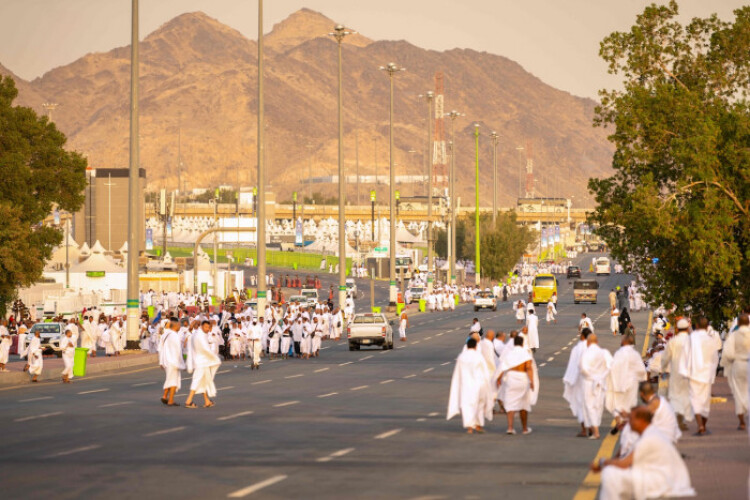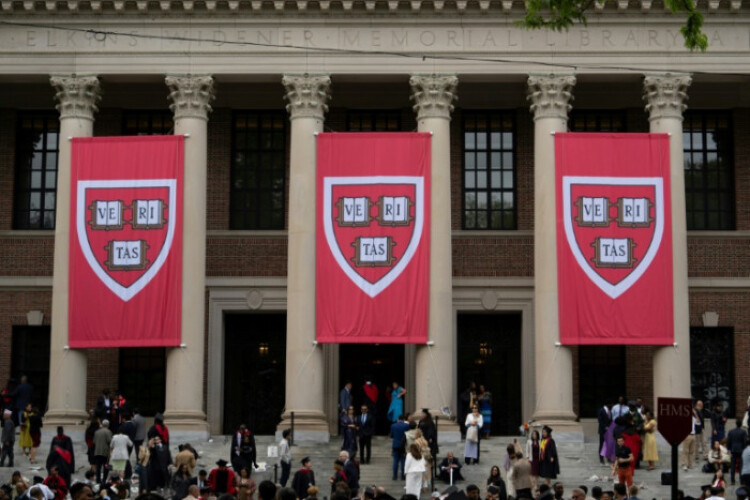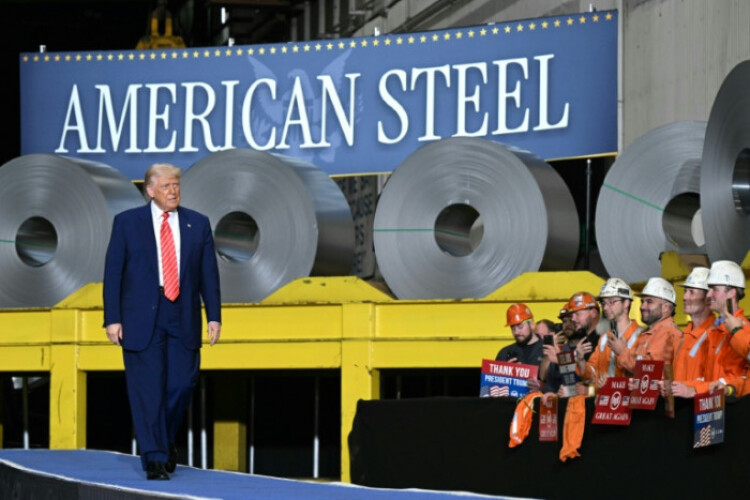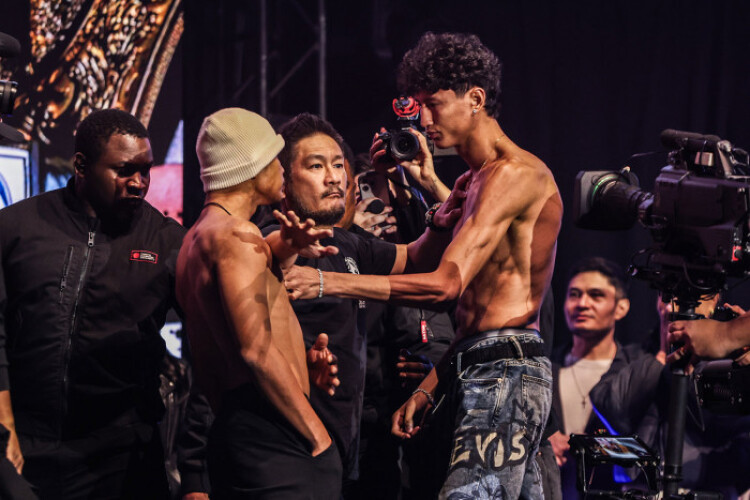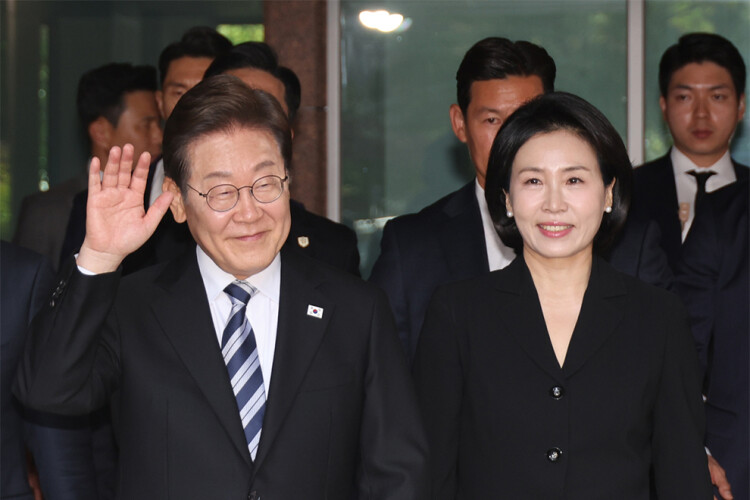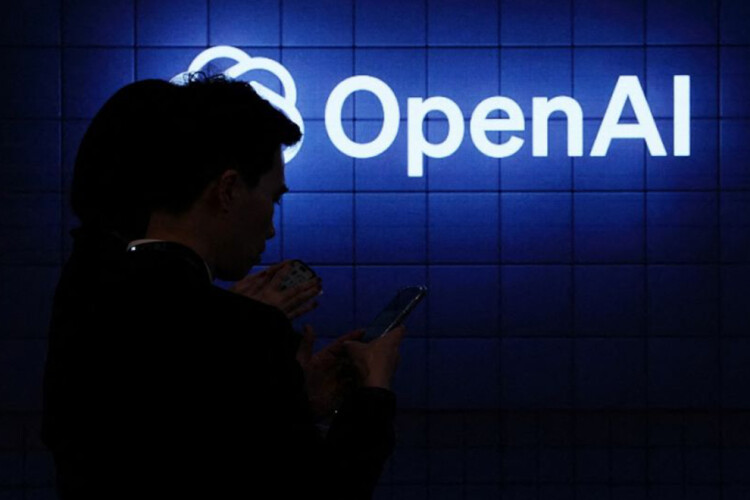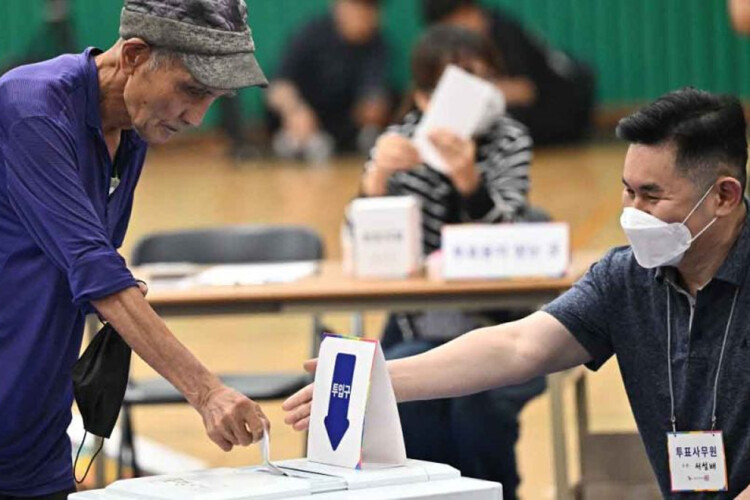
SEOUL – Exactly six months after the tense night of martial law on Dec. 3, South Koreans head to the polls today to elect a new president.
Polling stations opened at 6 a.m. across the country and will close two hours later than usual at 8 p.m. due to the extraordinary nature of today’s vote. The by-election was triggered by the impeachment of former President Yoon Suk Yeol after his attempt to invoke emergency military rule — an extraordinary measure last used in 1980 — led to the conservative leader’s downfall.
As of 9 a.m., voter turnout was 9.2 percent, higher than the 8.1 percent at the same time of the previous 2022 presidential election. It was slightly lower than the 9.4 percent turnout of the 2017 presidential vote, which was also a by-election following the impeachment of a president.
Some 34.7 percent of voters have already cast their votes during the two-day advance voting period last week, which marked the second-highest turnout in history after the 2022 presidential election.
As in past elections, the race has primarily been between two main rival camps: the liberals rallying behind Democratic Party of Korea candidate Lee Jae-myung and the conservatives represented by People Power Party candidate Kim Moon-soo.
It is hard to predict when a clear picture of the election outcome will emerge, as this tends to vary depending on voter turnout and the margin between candidates.
But once voting concludes at 8 p.m., the three major broadcasters — MBC, KBS, and SBS — are to release their joint exit poll results, which could offer a first glimpse at the likely outcome. Of the nine presidential elections in South Korea for which exit polls have been conducted, eight have correctly predicted the winner, including the most recent, when Yoon secured victory by the slimmest margin of less than 1 percentage point.
With public sentiment largely condemning the political unrest sparked by former President Yoon’s martial law gambit and the ensuing impeachment saga, the race began with significant momentum behind the liberal bloc.
In final preelection surveys by major pollsters, Lee’s support ranged from 44.9 percent to 49.2 percent.
While Lee still held at least a nine-point lead over his main rival Kim, his lead narrowed substantially as conservative support consolidated in the final stretch leading up to the election.
A Gallup Korea poll released on May 16 put Lee’s support at 51 percent, 22 points ahead of Kim’s 29 percent. Kim’s ratings have since climbed to hover around the 36 percent range, roughly in line with the support of the People Power Party itself.
In a distant third is minor New Reform Party candidate and former People Power Party chief Lee Jun-seok. Throughout the campaigning period, Lee defied calls and expectations that he would join Kim to form a unified front against the liberal front-runner.
Lee Jun-seok left a lasting impression — assessment of which varies — during the televised presidential debates by zeroing down on front-runner Lee, with final polls placing his support in the 9-10 percent range. He is the youngest presidential candidate both in this year’s race and in Korea’s election history, being just two months over the age limit of 40.
If Lee Jae-myung has managed to maintain the commanding lead seen in polls before the preelection blackout period, the winner of this election could become clear around midnight, local pundits say.
Whoever wins will begin a single five-year term as president immediately, upon the official confirmation of the result by the National Election Commission.
Asia News Network/The Korea Herald
Polling stations opened at 6 a.m. across the country and will close two hours later than usual at 8 p.m. due to the extraordinary nature of today’s vote. The by-election was triggered by the impeachment of former President Yoon Suk Yeol after his attempt to invoke emergency military rule — an extraordinary measure last used in 1980 — led to the conservative leader’s downfall.
As of 9 a.m., voter turnout was 9.2 percent, higher than the 8.1 percent at the same time of the previous 2022 presidential election. It was slightly lower than the 9.4 percent turnout of the 2017 presidential vote, which was also a by-election following the impeachment of a president.
Some 34.7 percent of voters have already cast their votes during the two-day advance voting period last week, which marked the second-highest turnout in history after the 2022 presidential election.
As in past elections, the race has primarily been between two main rival camps: the liberals rallying behind Democratic Party of Korea candidate Lee Jae-myung and the conservatives represented by People Power Party candidate Kim Moon-soo.
It is hard to predict when a clear picture of the election outcome will emerge, as this tends to vary depending on voter turnout and the margin between candidates.
But once voting concludes at 8 p.m., the three major broadcasters — MBC, KBS, and SBS — are to release their joint exit poll results, which could offer a first glimpse at the likely outcome. Of the nine presidential elections in South Korea for which exit polls have been conducted, eight have correctly predicted the winner, including the most recent, when Yoon secured victory by the slimmest margin of less than 1 percentage point.
With public sentiment largely condemning the political unrest sparked by former President Yoon’s martial law gambit and the ensuing impeachment saga, the race began with significant momentum behind the liberal bloc.
In final preelection surveys by major pollsters, Lee’s support ranged from 44.9 percent to 49.2 percent.
While Lee still held at least a nine-point lead over his main rival Kim, his lead narrowed substantially as conservative support consolidated in the final stretch leading up to the election.
A Gallup Korea poll released on May 16 put Lee’s support at 51 percent, 22 points ahead of Kim’s 29 percent. Kim’s ratings have since climbed to hover around the 36 percent range, roughly in line with the support of the People Power Party itself.
In a distant third is minor New Reform Party candidate and former People Power Party chief Lee Jun-seok. Throughout the campaigning period, Lee defied calls and expectations that he would join Kim to form a unified front against the liberal front-runner.
Lee Jun-seok left a lasting impression — assessment of which varies — during the televised presidential debates by zeroing down on front-runner Lee, with final polls placing his support in the 9-10 percent range. He is the youngest presidential candidate both in this year’s race and in Korea’s election history, being just two months over the age limit of 40.
If Lee Jae-myung has managed to maintain the commanding lead seen in polls before the preelection blackout period, the winner of this election could become clear around midnight, local pundits say.
Whoever wins will begin a single five-year term as president immediately, upon the official confirmation of the result by the National Election Commission.
Asia News Network/The Korea Herald

